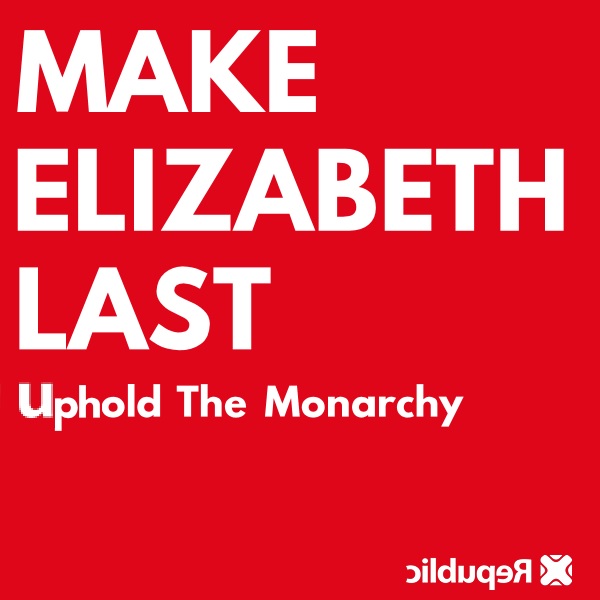When the heads are in the clouds
In many ways Coco prefers to stay out of politics, it is all too difficult and Coco rarely understands the arguments, but then so apparently does Republic. It is non-political. So, it is appropriate to comment then. One king was once told, ‘Obedience is better than sacrifice’. It is a word to which all kings, whether having the name king or some other epithet that is used to camouflage their aspirations to be king, should take heed. It was said of the Cretans that everyone of them wanted to be king, and of the Israelis in the time of the judges: ‘Every one did what was right in their own eyes. There was no king in Israel.’

When we look into the word of God we find that no form of civil government is approved by him than a monarchy, and even that was second best. Samuel spoke to them on the occasion of the coronation of the first king of Israel: ‘See .. your wickedness, which you have done in the sight of the Lord in asking a king for yourselves, is great, [for] the Lord your God was your king.’ The Lord gave them a king. Moses had warned them of the consequences of choosing a king for themselves, that they would groan under the burden of him.
But because of our condition which makes what Coco said in the first paragraph true, it is necessary to order civil society. How should it be ordered? Republic think it should not be a monarchy, but if you read what they have written, then it should become obvious to you that everything that they want, apart from one thing to which Coco shall come shortly, can be obtained simply be restoring to the Monarch that which parliament has subtly taken away over many years.
Why, and how have they taken away the very necessary powers of the head of state? By the very simple cry, ‘We have been elected. It is the will of the people.’ What then will we hear if, as they want, there is an elected head of state? ‘I have been elected. It is the will of the people.’ What sort of power grabs will we face then? We see it in many republics. Does Coco need to name any? They are in all six continents perhaps yet save one, but Coco is not sure where the border is between the fifth and the sixth (and Coco is not talking about the 49th parallel).
It is good that Republic raise the question, however, even though they have their head in the clouds. As Brecht said once: His economics is good, but he takes no account of human nature. And as he said it in German, it is impossible to say he has been misquoted, though Coco would accept a charge of producing a poor translation. In order to avoid the problem of our human nature, which makes us all want to be kings even if we are not Cretans, it is far better to have a head of state who is not chosen. He is king who was born to it, therefore he does not wield power because he has been given it by others for himself as so many so called kings and presidents do, but because he inherited it and having inherited it he must also pass on his inheritance to another to use for the benefit and good of the people over whom he rules, his subjects, with honesty, integrity, transparency and accountability.
Our monarchy may not be perfect, but then neither are you, nor Coco, are we? But it is better than many possible alternatives, and certainly better than their proposal. You see everything that they say they want can be obtained without an elected head of state. Does Coco suggest then that they construct their argument ingenuously simply because they dislike the idea of privilege? But it is the very privilege that they dislike that protects us from electing, inflicting upon ourselves, a man who only wants to be there for the power it gives him. Coco leaves it to you, dear reader, to answer the question.
To return to Israel, the first king was a failure. He thought little of obedience, perhaps it could be said that honesty, integrity, transparency and accountability were also absent in his rule, but Coco shall leave another to set out the theses and antitheses for that. The Lord then chose a king for them and promised that one of his line would come who would be the true king who would rule in righteousness, a man in whom honesty, integrity, transparency and accountability (yes, accountability too), would always be found and never not be found. That man came and they would not submit to his rule. His kingdom is not of this world he told the man who had power to condemn him to execution on a cross, but God confirmed that he is indeed king by raising him from the dead. One day we shall see him return in power, and all shall bow the knee to him and acknowledge that he is Lord, the true king. ‘Come to me all you who labour and are heavy laden’, he calls , ‘my yoke is easy and my burden is light’. This king came not to be served, but to serve, and whilst he is due all worship honour and praise, it is clear that his rule will always be for the benefit and good of his people: ‘Take my yoke upon you and learn from me, for I am gentle and lowly in heart, and you will find rest for your souls.’
May you find, in this year of Jubilee, find rest for your souls.